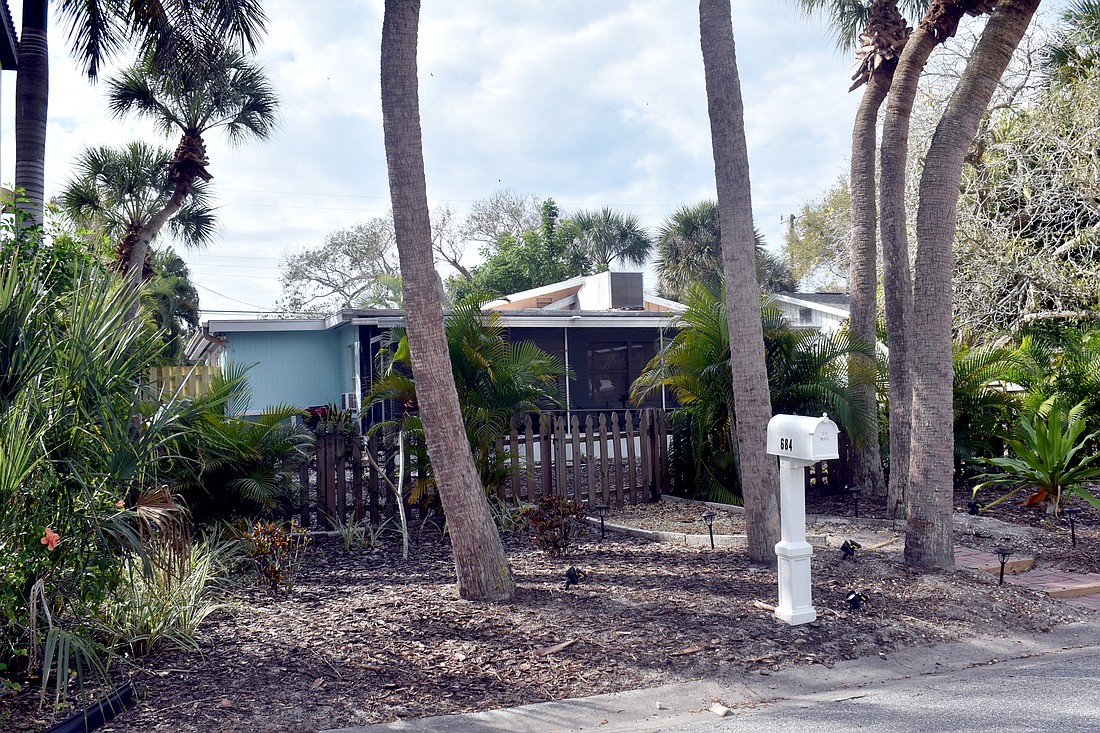- April 18, 2024
-
-
Loading

Loading

Sarasota County received $1.8 million in bed tax revenue from vacation rental site Airbnb in 2019, which contributed to approximately $23.4 million the county collected in Tourist Development Taxes in fiscal year 2019.
Although some local officials say the revenue from short-term rentals benefits the county and its residents, some residents feel the costs outweigh the benefits.
So far in fiscal year 2020, the county has collected $481,488 from Airbnb, according to county documents, which is on pace to eclipse last year’s total. The county’s Tourist Development Tax is a 5% levy on tourist lodging, defined as properties rented or leased for less than six months.
However, Chief Deputy Tax Collector Sherri Smith said it can be hard to gauge details about the income associated with online rentals because Airbnb — and similar services — restrict the county’s knowledge on what properties are being used.
“Until an audit is done, the county doesn’t know that Airbnb or any other short-term rental host is paying the proper tax,” Smith said. “There’s a whole lot of trust in the tourist development tax.”
Although some local officials say the tax revenue from short-term rental services can benefit the county by paying for such things as beach renourishment and tourism marketing, some residents say the properties should be shut down in residential areas.
Siesta Key resident Joe Volpe said that starting in 2013, Airbnb rentals became popular on the barrier island — and with that popularity came trouble.
He cited trash, noise and drunken renters as main issues. In 2013, Volpe said he was beaten by several renters after asking them to stop shooting fireworks over houses on the Fourth of July.
“It’s to the point where these residential family areas are basically like mini hotels,” Volpe said. “People are moving in and out of them on a weekly basis. There’s noise, there’s trash, there’s partying, and it’s just creating all kinds of problems.”
Questions about how to handle vacation rentals in residential areas extend off the barrier islands, too. Melanie Goddard, president of the Gulf Gate Neighborhood Association, said that although most rental properties aren’t inherently problematic, more and more owners are buying homes to expressly be used as short-term rentals. She fears that could eventually lead to the degradation of neighborhoods.
“I can see down the line where Gulf Gate could become more rental than residential, short-term rental in particular,” Goddard said at a Feb. 21 Sarasota County Council of Neighborhood Associations meeting.
Local officials continue to discuss the best approach for regulating rentals while remaining mindful of limitations the state legislature imposes on local governments.
Already, the state restricts cities and counties from revising ordinances governing vacation rentals. Legislation under consideration would bar local governments from treating short-term rentals different than any other residential properties.
City Commissioner Hagen Brody said he thinks maintaining local control of rental properties is important, but he’s advocating for a nuanced approach. Brody is an advocate for relaxing rules where the homeowner lives on site — someone renting out a single room or a mother-in-law suite, he said. However, he thinks that activity should be clearly separate from vacation rentals.
“One of the responsibilities we have at a local level is to adapt to the times and to be the incubator of policy and see what works and what doesn’t,” Brody said. “We have to have the ability to look at the community and look at the different character of the different parts of the community and respond with different rules and regulations.”